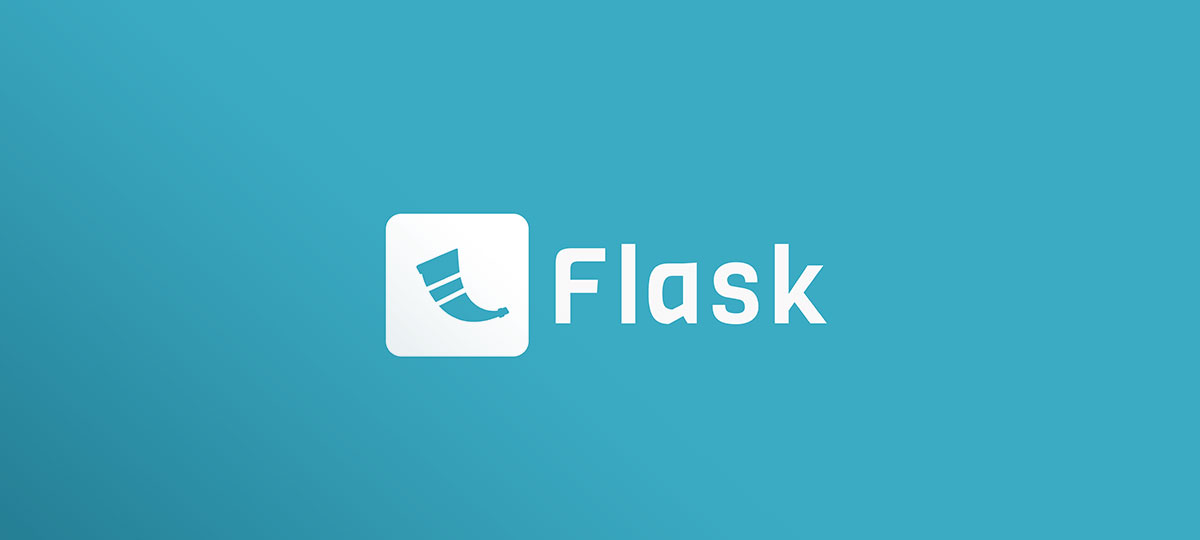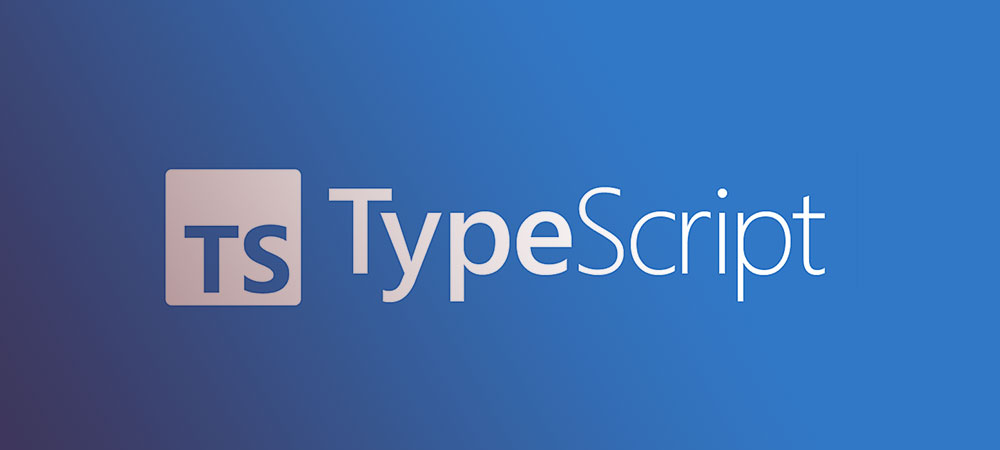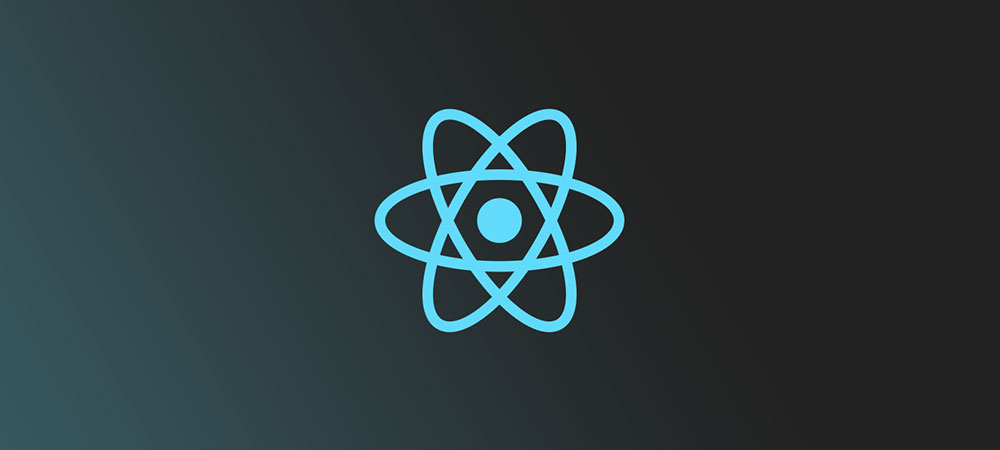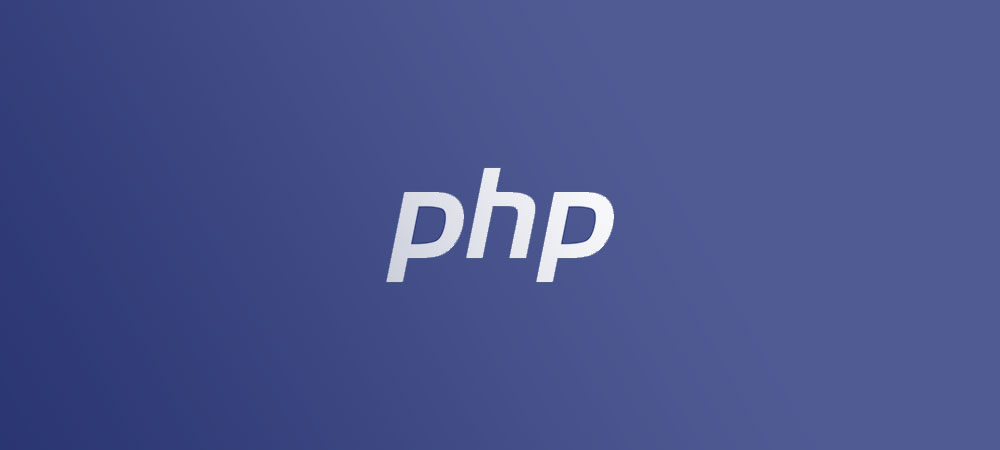Imagine cooking up the perfect web app. Now, swap out the chef’s hat for a coder’s cap—that’s where Flask has been your go-to seasoning. But what if I told you there’s a whole spice rack out there? That’s right; it’s time to explore the world of Flask alternatives.
Ever felt like you’re coloring with the same old crayons? Here’s a palette refresh. Every web creator’s journey has that moment: the quest for tools that bend and flex just right, matching our unique ideas.
By the end of this scroll, you’ll be fluent in options that bring your web aspirations to life, beyond the familiar borders of Flask.
You won’t just hear about the likes of Django and FastAPI; you’ll get the lowdown on how they differ in kicking web development into high gear.
And because we’re not about keeping things cryptic, expect to grasp how asynchronous servers or microservices architecture can redefine your next project’s performance.
Buckle up—this an expedition through the jungle of Python web frameworks.
Flask alternatives
| Framework | Language | Asynchronous Support | Main Use Cases | Community & Ecosystem |
|---|---|---|---|---|
| Django | Python | No (native, but there are workarounds) | Full-stack web applications, monolithic | Large, mature |
| FastAPI | Python | Yes | API development, modern web applications | Growing, modern |
| Express.js | JavaScript | Async is manual (via callbacks, promises, async/await) | Web and API development | Vast, very popular |
| Ruby on Rails | Ruby | No (native, but there are workarounds) | Full-stack web development, conventions over configuration | Mature, large |
| Sinatra | Ruby | Async is manual (via async libraries) | Simple web applications, microservices | Smaller, but mature |
| Spring Boot | Java | Yes (with WebFlux) | Enterprise-level applications, microservices | Very large, mature |
| Laravel | PHP | Yes (via Swoole / Octane) | Full-stack web development, MVC framework | Large, very active |
| Koa | JavaScript | Async is built-in (via async/await) | Web applications, APIs | Moderate, modern |
| Tornado | Python | Yes | Real-time services, web sockets | Moderate, specialized |
| Mojolicious | Perl | Yes | Real-time web applications, web services | Smaller, enthusiastic |
| Vapor | Swift | Yes | Web and API development, server-side Swift | Growing, niche |
| Phoenix | Elixir | Yes | Highly performant web applications, channels | Growing, modern |
| NestJS | TypeScript/JavaScript | Yes | Scalable enterprise systems, modern web apps | Growing, Angular-inspired |
| Sanic | Python | Yes | Fast HTTP APIs, asynchronous web apps | Moderate, Python 3.6+ |
| Falcon | Python | No (native, but there are workarounds) | High-performance APIs, minimalist | Smaller, specialized |
| Rocket | Rust | Yes | Web applications requiring safety, concurrency | Growing, Rust ecosystem |
| Hanami | Ruby | Async is manual (via async libraries) | Lightweight web apps, API-first development | Smaller, newer |
| Hapi.js | JavaScript | Async is manual (via callbacks, promises, async/await) | API servers, web applications | Moderate, plugin system |
| Play Framework | Scala/Java | Yes | Web applications, scalable systems | Moderate, reactive programming |
Django
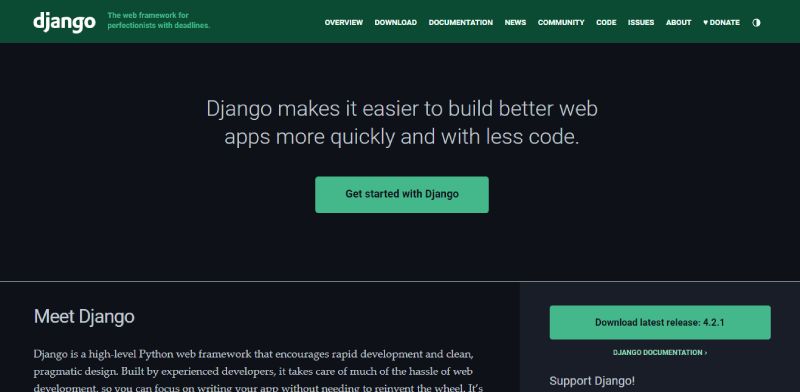
Yo, if you’re looking for a more feature-rich alternative to Flask, Django is the way to go. It’s a high-level Python web framework that helps you build web apps quickly and efficiently. Django has a ton of built-in components, which makes it ideal for more complex projects.
It’s like stumbling upon a Swiss Army knife when all you’ve had was a spoon. Django’s the heavyweight champ of Python web frameworks, boasting an out-of-the-box admin panel, ORM, and a boatload of extras for handling pretty much any web development task you can shake a stick at. Btw, opt for offshore Django development to save your budget.
Best Features:
- Robust & scalable
- Feature-rich
- Thorough documentation
What we like about it: Its battletested reliability and security make Django a fortress that’s hard not to admire.
My advice is to opt for offshore Django development to save your budget.
FastAPI
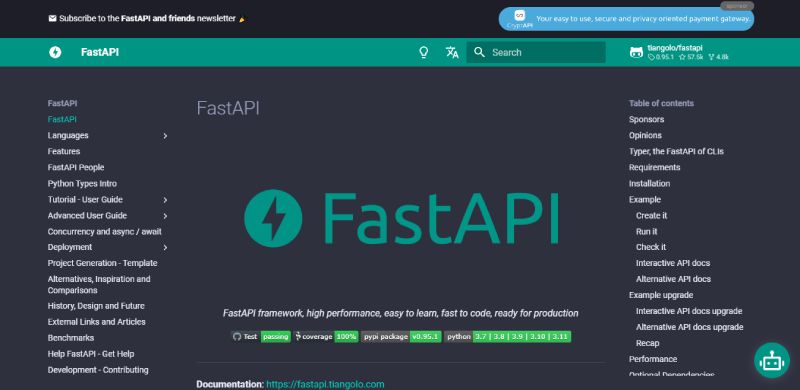
Think of FastAPI as your express ride to API town. It whizzes past with asynchronous support and automatic data validation. Besides being snappy, it nudges you toward writing standards-compatible code, making your dev life a breeze.
Best Features:
- High performance
- Type checking
- Easy-to-use
What we like about it: FastAPI’s speed and intuitive design make building APIs less like work and more like fun.
Express.js
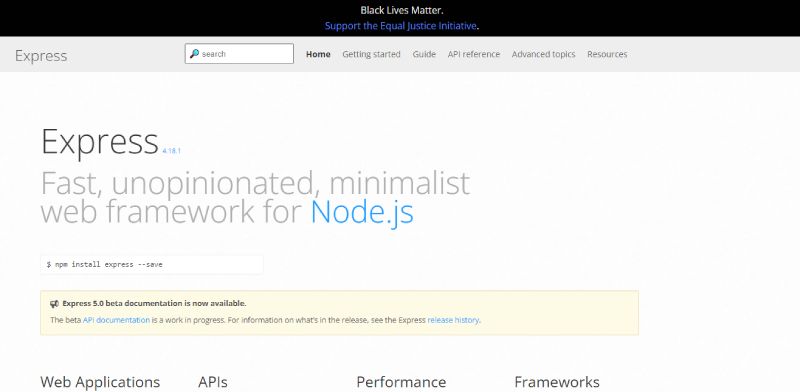
Express.js slips on like comfy sneakers for Node.js developers looking to sprint through the backend landscape. Its minimalist approach lets you pile on just the parts you need, and voilà, you’re crafting web applications at warp speed.
Best Features:
- Minimalist
- Flexible
- Huge community support
What we like about it: Its unassuming simplicity means you’re building with only the Lego blocks you hand-pick.
Ruby on Rails
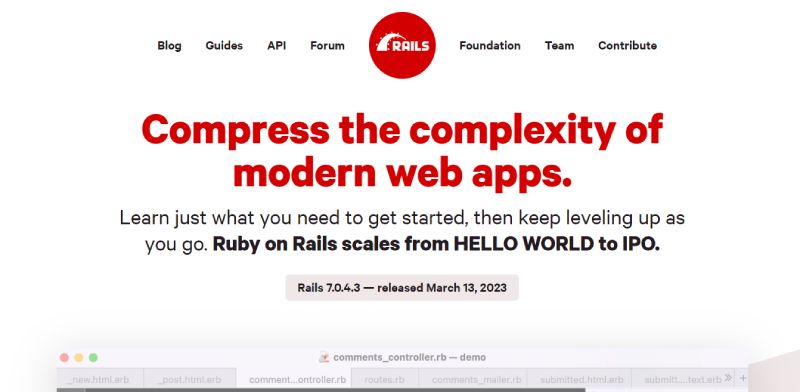
Rails scrolls onto the scene like a seasoned maestro conducting a symphony. This Ruby framework manages to make convention over configuration not just a motto, but a path to development nirvana with its predictability and convention.
Best Features:
- Quick development
- Clean code
- Rich libraries
What we like about it: The ‘Convention over Configuration’ mantra streamlines decision-making like nothing else.
Sinatra
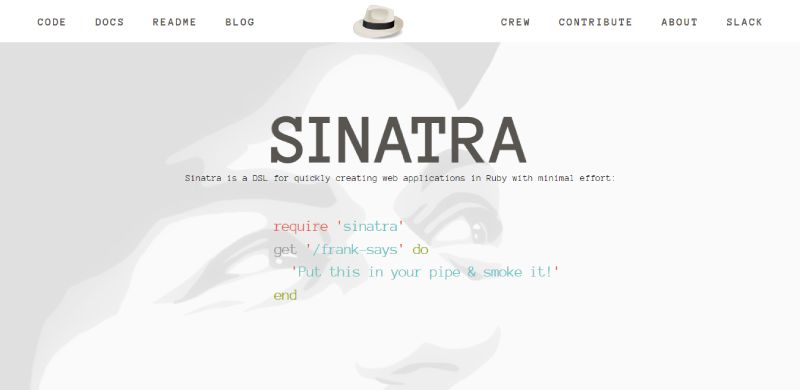
Take a breath and appreciate the beauty of simplicity. Sinatra waltzes in with Ruby charm, bringing a less-is-more mentality that strips away excess, leaving you with just the essentials for small web applications.
Best Features:
- Straightforward
- Lightweight
- Super flexible
What we like about it: Its barebones take on web frameworks screams simplicity and directness.
Spring Boot
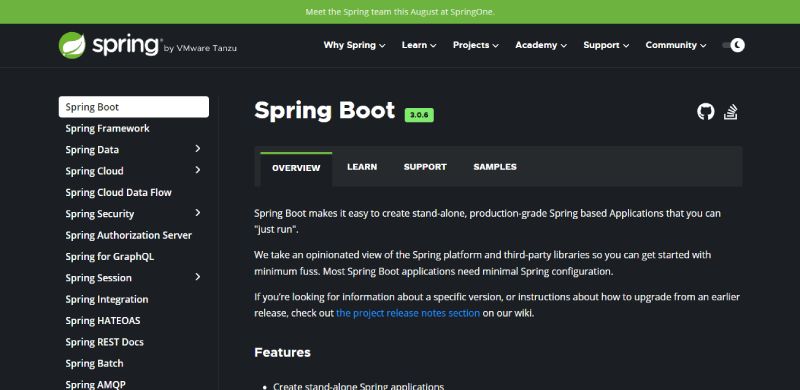
Ever wanted to plot a course without sweating the details? Spring Boot steers you through the Java sea with its take-off-the-shelf starters. It’s essentially a jumpstart for creating stand-alone web apps that are ready to brave the waves.
Best Features:
- Easy to get started
- Stand-alone
- Opinionated setups
What we like about it: The ease of setting up production-ready environments is the real game-changer here.
Laravel
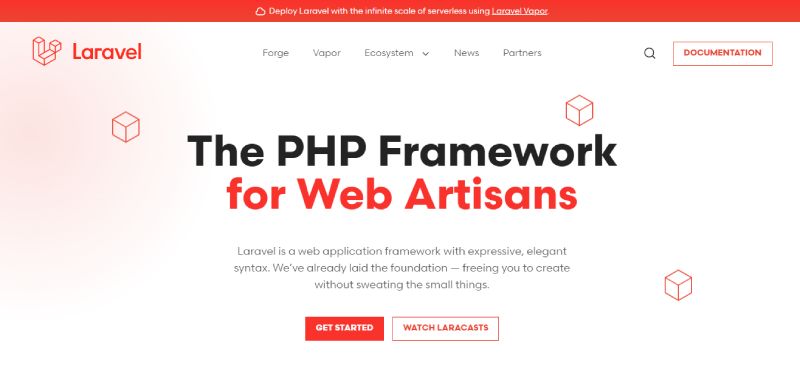
Laravel struts in, flaunting an elegant PHP toolkit for crafting full-bodied web applications. Its expressive syntax coupled with tools like Eloquent ORM and Blade templating have a way of making the whole web development process feel more like an art form.
Best Features:
- Elegant syntax
- Powerful ORM
- MVC architecture
What we like about it: Eloquent ORM’s active record implementation helps websites and databases get along like best pals.
Koa
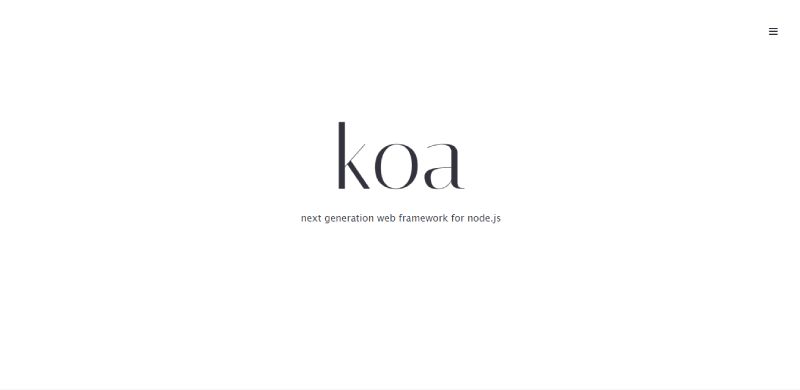
Imagine web development is a canvas. Koa hands you the brush with more control and less bloat. Designed by the same team behind Express.js, it’s the evolution of minimalist Node.js frame works, aiming to be even smaller and more expressive.
Best Features:
- Lightweight core
- Async functions
- Error handling
What we like about it: Its use of async functions clears up callbacks, making your code cleaner and more robust.
Tornado

Here’s Tornado, flexing its muscles to manage thousands of connections at the same time. It’s making waves for real-time services that need to stay live and responsive, such as chat applications or live feeds.
Best Features:
- Non-blocking I/O
- Real-time services
- Scalable
What we like about it: Its aptitude for real-time web services is nothing short of impressive.
Mojolicious
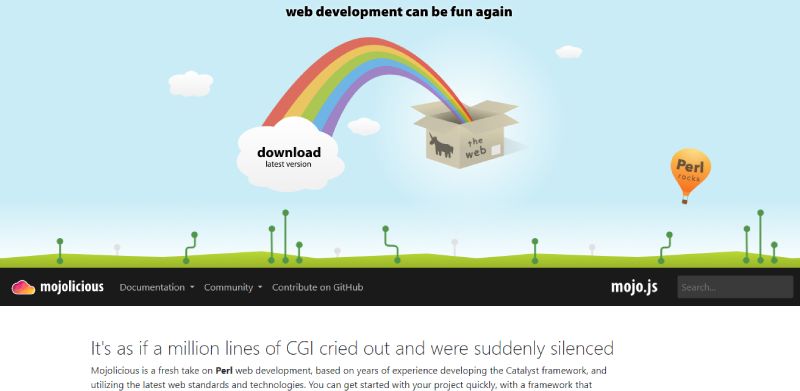
Step into the whimsical world, where Mojolicious charms Perl fans with modern features and a no-nonsense approach to async web apps. With minimal dependencies, it’s about keeping it clean and enjoyable.
Best Features:
- WebSockets support
- Built-in non-blocking I/O
- Real-time web
What we like about it: Its WebSocket support is a shining beacon for anyone dabbling with real-time features.
Vapor
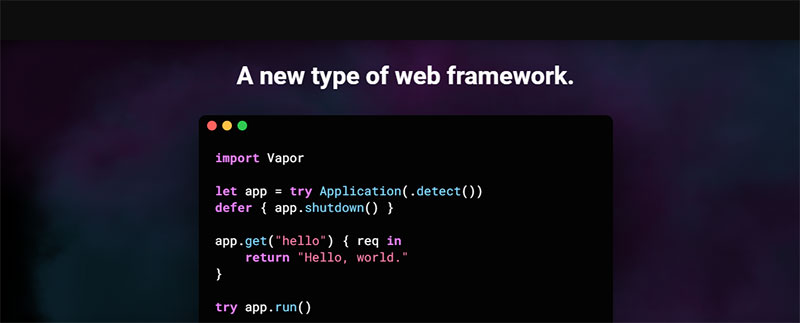
Here comes Vapor, Silicon Valley’s favorite Swift web frame work. It’s gussied up to build APIs and web apps with a programming language that’s making headlines for its safety features and speed, all within the Apple ecosystem.
Best Features:
- Type-safe
- Asynchronous
- Native Swift
What we like about it: The fact that it’s native to Swift hooks in the Apple crowd with a wink and a nod.
Phoenix
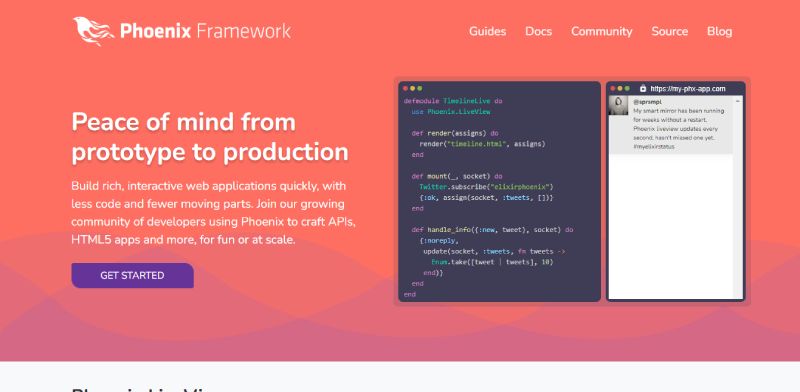
Phoenix swoops in to fan the Elixir flames. Tailored for modern web applications, it harnesses Elixir’s prowess with concurrency for maintaining high performance without breaking a sweat, even when the user count skyrockets.
Best Features:
- Real-time communication
- Scalable
- Fault-tolerant
What we like about it: Its sheer concurrency and fault-tolerance chops can handle more users than a pop-up sneaker drop.
NestJS
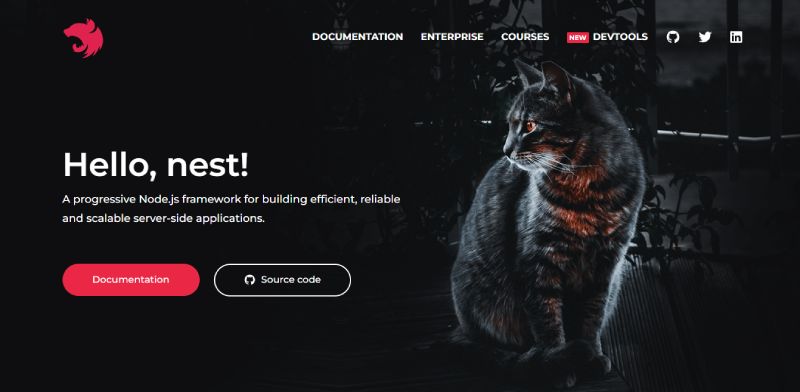
Crave structure in your Node.js universe? NestJS orchestrates the chaos with TypeScript at the helm, combining elements of OOP, FP, and FRP. Nights of taming complex systems just got a bit shorter, leaving room for more of… well, life.
Best Features:
- Modular structure
- TypeScript
- Integrated with Angular
What we like about it: Its philosophy of clean, scalable code through TypeScript integration is a breath of fresh air.
Sanic
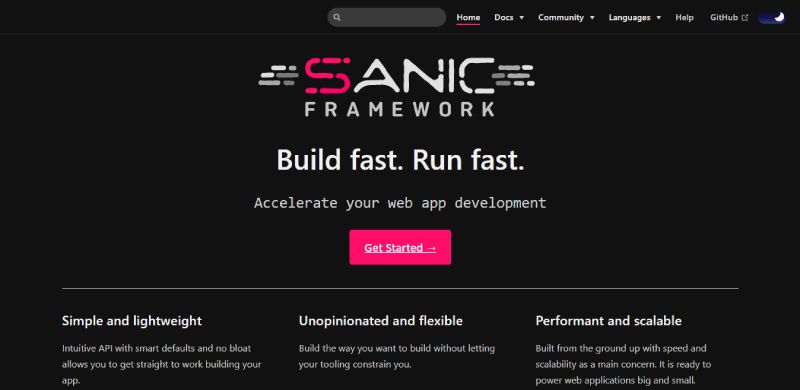
Speed freaks, meet Sanic. Inspired by Flask, but engineered to be agile and swift, it’s zooming through the async Python web frame work circuit. Sanic is all throttle, no fillers—taking your web development speed from zero to sixty, stat.
Best Features:
- Asynchronous request handlers
- High-speed HTTP
- Built for speed
What we like about it: Speed is the name of the game, and Sanic plays to win.
Falcon
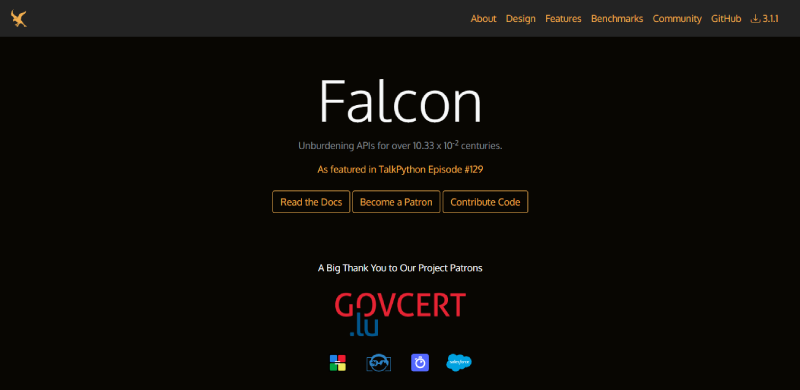
Falcon swoops down for when you need your APIs lean and mean. It’s not flash and dazzle but raw, unadulterated performance that makes Falcon a trusted ally for heavy lifting in the API department.
Best Features:
- Performance oriented
- RESTful design
- Minimalist
What we like about it: Its lean core makes for snappier APIs in data-intensive apps, and that’s gold.
Rocket
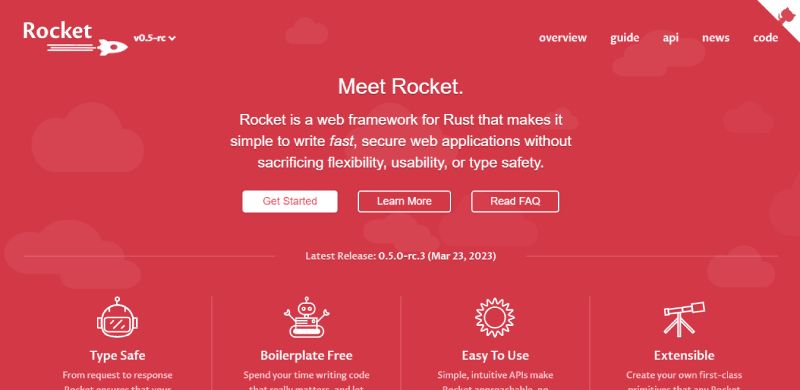
Blast off with Rocket if you fancy Rust’s safety features and crave a web framework that’s tailor-made for it. With Rocket, you get type safety, speed, and nightlies that let you experiment at the cutting edge.
Best Features:
- Type-safe
- Easy to use
- Rust integration
What we like about it: It’s the meeting point of Rust’s type safety and web dev’s need for speed.
Hanami
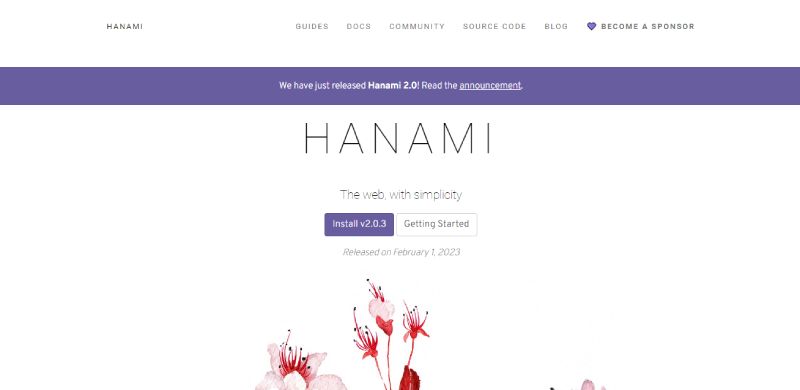
Meet Hanami, Japan’s minimalistic masterpiece for Ruby loyalists. It sprouts as a lighter approach to web applications while still cherishing Ruby’s elegance. Picture fewer resources, more performance, and a methodology that keeps things tidy and maintainable.
Best Features:
- Lightweight
- Clean architecture
- Ruby minimalism
What we like about it: The under-the-hood efficiency and simplicity make it a sweet spot for growth-focused devs.
Hapi.js
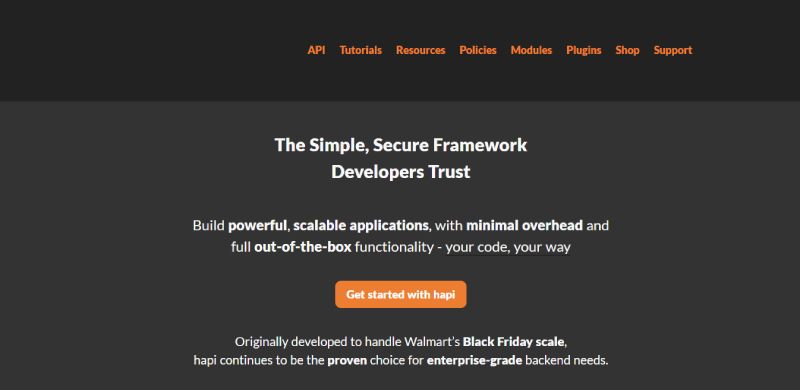
Hapi.js hops into the Node.js space throwing a party with powerful plugin systems. Focused on granting devs the freedom of precise configuration, it crafts software with robust backend architecture in mind–all while keeping it social with a vibrant community.
Best Features:
- Powerful plugins
- Comprehensive configuration
- Community-driven
What we like about it: Its accent on configurability and extensibility means your backend’s as flexible as a gymnast.
Play Framework
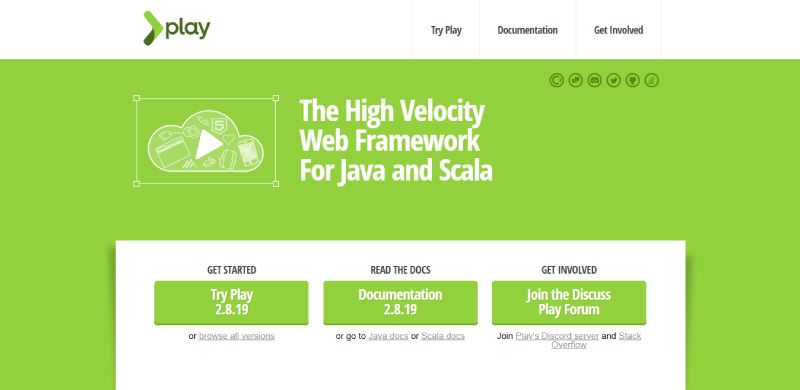
For Java and Scala devs, Play Framework hits, well, play, and keeps the show lively with non-blocking I/O operations and the essentials for modern web app development. Its reactive architecture aims for scalability in highly interactive applications.
Best Features:
- Scalable
- Reactive streams
- Hot-reloading
What we like about it: The slick combo of Scala’s functional programming and Java’s ubiquity isn’t something you see every day.
Remember, each of these frameworks brings its particular shade to your palette, and picking the right one can transform a sketch into a masterpiece. So, take your time and find that match which resonates with your creative chord.
FAQ on Flask alternatives
What Makes Django a Popular Alternative to Flask?
It’s like Django walks in with a full set of tools in its belt. Built to handle everything from the get-go – that’s the charm. From ORM to its built-in admin panel; folks love that it practically has a solution for every web development hiccup right out of the box.
Can FastAPI Really Speed Up Development Compared to Flask?
Absolutely. FastAPI’s got this knack for rapid development, thanks to its async support and automatic API documentation. You pile on the benefits of type hints and you’ve got yourself a framework that runs circles around performance while keeping your code all neat and tidy.
Is Pyramid Suitable for Beginners Just as Flask is?
Pyramid’s like that considerate friend. It doesn’t overfeed you concepts but stays by your side, ready to scale up when you’re ready. Its minimalism and flexibility mean you can start small, get the hang of it, and then dive deep—without having to switch over to a heftier framework later.
How Does Tornado Stand Out Among These Alternatives?
Imagine a crowded coffee shop and Tornado’s the barista who doesn’t break a sweat. It’s built for handling a bunch of requests simultaneously, making it a rock star with real-time web applications. Its non-blocking network I/O shines when you’re dealing with, say, a bustling chat app or an updates feed.
Is There a Flask Alternative That Emphasizes Simplicity Like Bottle?
Bottle is the epitome of simplicity in this universe of Flask alternatives. One file, straightforward, no frills—perfect for small applications or those dipping their toes into web development. Use it to whip up a quick prototype or when you want the focus squarely on building something uncomplicated.
Why Might Someone Choose Falcon for API Development?
Falcon might not strut on the runway with flash, but it sure does have power under the hood for APIs. It’s crazy optimized for speed and lightweight, giving it the oomph for high-demand applications. You see it shine when you’ve got a bunch of data and need to serve it up quick.
Can Quart Be Considered a Direct Successor to Flask?
In a way, yeah. Quart picked up where Flask left, adopting its simplicity and then throwing in async capabilities to the mix. So, if you’ve been riding the Flask bike and want to switch gears with minimal fuss, Quart’s like slipping into a new model that feels like the old, but rides faster.
How do Web2py and Flask Compare in Ease of Use?
Think of web2py as the all-inclusive resort. Its built-in components and less granular control offer a cruise-control kind of development. Some devs find it liberating, a respite from the ‘pieces assembly’ feel of Flask. It’s about fewer decisions for quicker setups.
Is CherryPy Still a Relevant Flask Alternative?
For sure. CherryPy’s like that reliable, seasoned player, having been around since the early days. It’s object-oriented, which means you carve your web app logic in a way that feels quite natural. It’s not as trendy maybe, but solid for those valuing stability and a less is more philosophy.
What Benefits Does Using Hug Have Over Flask for API Projects?
Hug’s built with APIs at heart. Imagine getting both the server-side and the command-line interface sorted in one go. This buddy comes with versioning and type annotation right from the start. Basically, it’s about giving you a tight, optimized embrace for developing APIs with the love they deserve.
Ending thoughts
And there it is. You’ve just skimmed across the surface of a sea brimming with Flask alternatives. The thing is, it’s not just about trading one tool for another. It’s about finding that perfect fit, the one that vibes with your project needs and future visions.
You dipped your toes into the likes of FastAPI for speed, lent an ear to Django for its do-it-all mindset, and even peeked into the low-key world of Bottle. Then there was Pyramid, offering its hand to guide you from easy street to complexity town as you grow.
Maybe you’ve felt sparks with one of these frameworks already. Or maybe you’re still in the tasting phase, and that’s cool too. Here’s the thing – each one brings its unique flair to the table. So go ahead, get those hands dirty, and code away until you’ve crafted that web application magic that feels just right.
If you liked this article about Flask alternatives, you should check out this article about Angular alternatives.
There are also similar articles discussing PHP alternatives, Ruby alternatives, Redux alternatives, and Express alternatives.
And let’s not forget about articles on Spring alternatives, TypeScript alternatives, Laravel alternatives, and Python alternatives.
- Free Streaming Heaven: Top Apps Like Tubi - April 18, 2024
- Crafting the Perfect Pitch to Secure Investors for Your Mobile App - April 18, 2024
- 5 Ways to Incorporate AI Into Your Project Management Workflow - April 18, 2024





